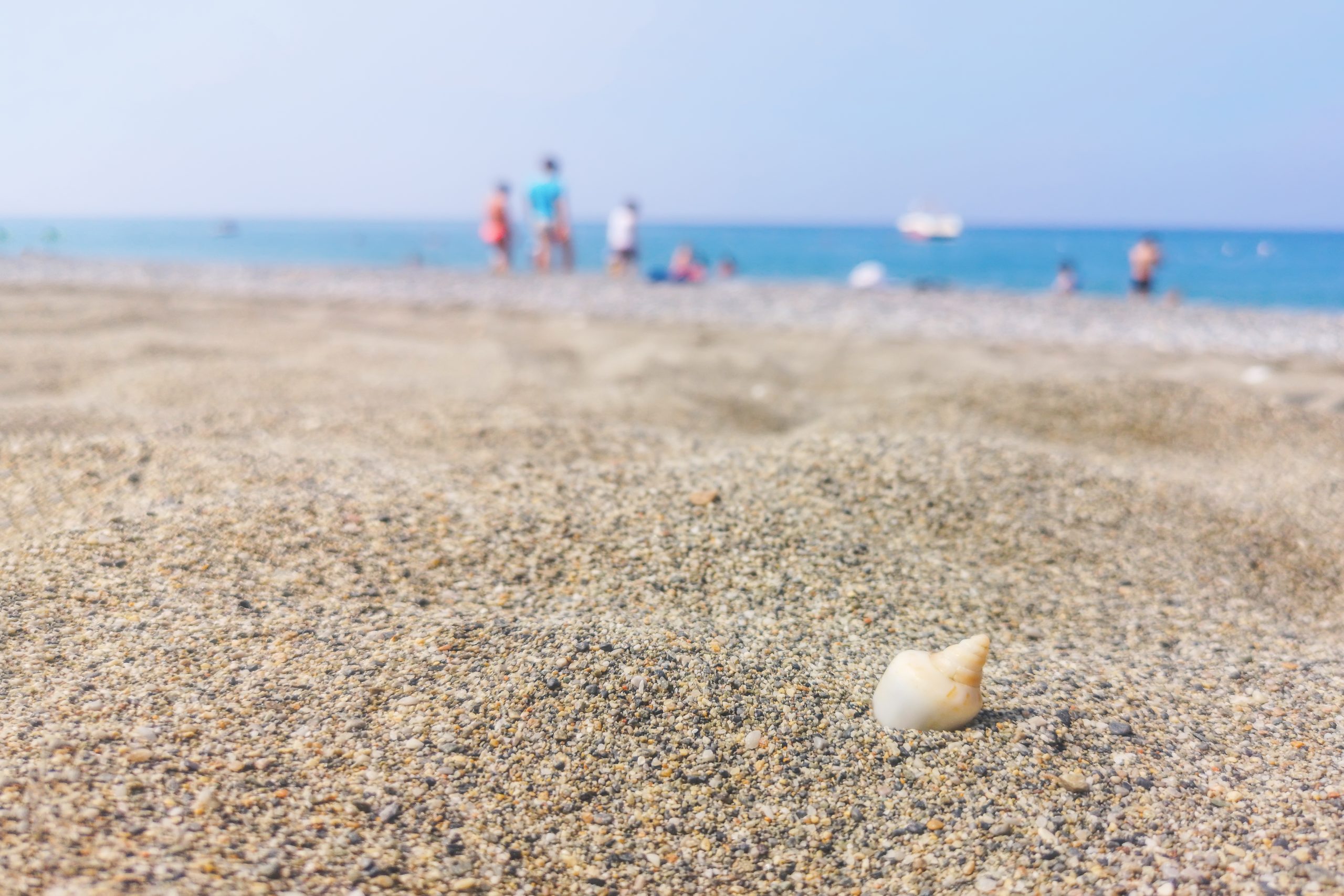Coastal and ocean-based tourism has to thrive to build resilient destinations where the assets both the tourism industry and residents depend upon are restored, protected and sustainably managed. This encompasses building resilience to climate change, reducing risks associated with climate-induced events and investing in nature-based solutions for mitigation and adaptation. It includes shifting from the traditional models of production and consumption, with their associated pollution and waste, to a circular economy that touches all levels of the tourism value chain.
Iberostar believes that the tourism sector is part of the solution. It therefore invests in resources and innovative approaches to identify and test replicable and scalable solutions, while sharing knowledge with stakeholders.
Nature and culture are intrinsically parts of the tourism experience. Tourism stakeholders need to collaborate to invest in nature-based solutions, conservation and preservation. This collaboration must generate economic benefits through ecotourism, green-blue tourism infrastructure or other economic avenues for local communities in addition to creating jobs or incentivising entrepreneurs.
The Shifts
- Decarbonise tourism and improve the resilience of coastal assets and infrastructure
For the tourism sector, decarbonisation is the key to addressing climate change. While the primary global driver of tourism emissions is transportation, which accounts for about 49 percent of tourism-related GHG emissions, other components of the industry such as hospitality have to play their part in decarbonising their operations and pressuring the supply chain and the rest of the value chain to reach net zero emissions by 2050.
Through conservation and restoration efforts and the shift to nature-based solutions, the tourism sector directly supports the response to climate change and increases destination resilience. When it includes local communities, high-value carbon sequestration in threatened areas can provide financing for conservation and restoration while generating economic alternatives for local communities that hold land. Investment in blue-green infrastructure and other nature-based solutions can reduce risk and the threats and costs of severe weather and sea level rise.
Iberostar signed on to the Glasgow Declaration and has joined the Science-Based Targets initiative to establish credible and verifiable commitments to reach carbon neutrality by 2030 and move towards net zero emissions. Decarbonisation is the primary goal of Iberostar’s operations working on Scope 3 emissions.
At Iberostar, carbon sequestration is a financing mechanism for ensuring the health of ecosystems and restoring the ecosystem services they provide. Investing in the co-management of protected areas, the creation and management of new areas as well as schemes for payment for environmental services, Iberostar seeks to test models for conservation, restoration and sustainable management that the industry can invest in while receiving a return on investment through carbon credits, a win-win for all stakeholders.
- Move towards a circular economy that integrates sustainable production and consumption
The circular economy is not only for production industries; the service industry is also essential to achieving circularity. The tourism value chain needs to be redefined in a more holistic and inclusive way that minimises the environmental impact and maximises benefits in the host destinations. As a sector, we need to move from the linear pattern of ‘“take, make, waste” to a model that is regenerative of natural, human and social capital’ in the destinations we operate.
Through its ‘Wave of Change’ movement, Iberostar has made a pioneering and ambitious commitment to the ocean and is leading responsible tourism towards a circular economy, promoting the responsible consumption of seafood and improving coastal health. Its Wave of Change team of about 20 scientists and experts provide strategic guidance and promote science-based action, enabling Iberostar to integrate innovative, cost-effective and financially viable actions into its operations that will build the resilience of its resorts and the destinations in which they are located.
In the move to becoming waste-free by 2025, Iberostar became the first hotel chain to cease the use of single-use plastics, eliminating from its operations over 420 tons of plastics annually. In partnership with Winnow, Iberostar is identifying sources of food waste and evaluating changes in the way it purchases food and delivers it to travellers.
- Integrate nature and local communities into the tourism value chain
The health of the ocean and coasts is intrinsic to any coastal or ocean-based tourism. People travel to enjoy the beach, the ocean and the experiences they can have there, such as diving or kayaking. Tourism needs to move forward with respect for local residents and present itself as an opportunity for their communities to generate income. Tourism can offer more than jobs and conservation, through initiatives that link community entrepreneurship and nature-based solutions. Payment for ecosystem services schemes allow local communities to diversify their income. Combining that with ecotourism opportunities will cement entrepreneurship and positive interaction between tourists and local communities.
Sourcing is an important component for tourism enterprises, particularly those operating in small island developing states and least developed countries, where much of the food needs to be imported. Committed to sourcing 100 percent of its seafood from responsible sources by 2025 in 2021 Iberostar achieved 70 percent responsible seafood sourcing. This of course involves certified seafood but also, through Iberostar’s Lifting Up Local project, a commitment to work with small-scale fisheries at its destinations to help them become sustainable suppliers.
Iberostar’s commitment to improving the health of the ecosystems in and around its properties has led it to make an important investment in coral reef research and restoration. With two dedicated coral scientists, a lab in the Dominican Republic and nurseries in seven destinations, Iberostar is seeking to identify and restore climate-resistant coral. In collaboration with governments, it is investing in dune restoration, starting with five destinations in 2022. It already has restored close to 10,000 mangroves. In addition to building climate resilience, mangroves are being tested for their ability to restore water quality. These projects follow the Global Standard for Nature-Based Solutions developed by the International Union for Conservation of Nature.
Iberostar believes in collective action and seeks to share with other tourism leaders its knowledge and best practices for scalable schemes to build resilient destinations.


 Previous
Previous


